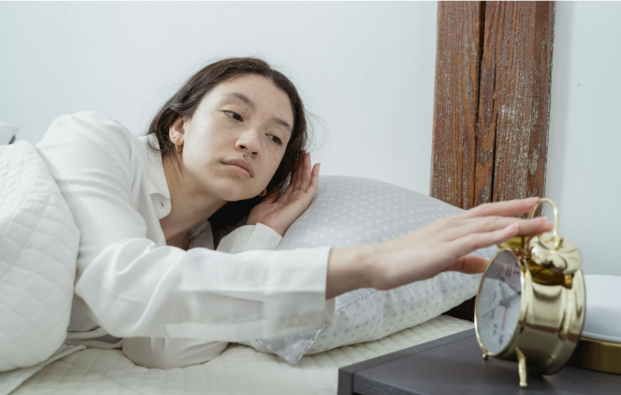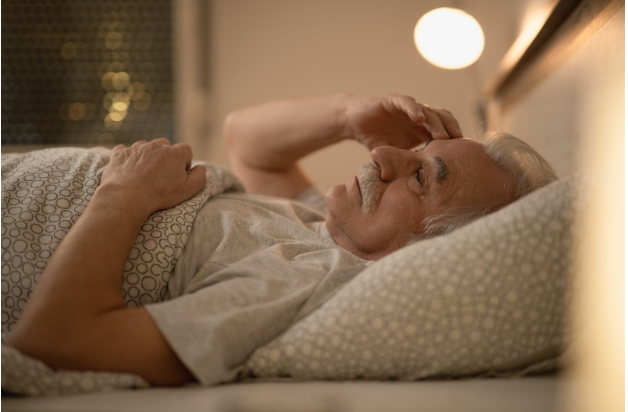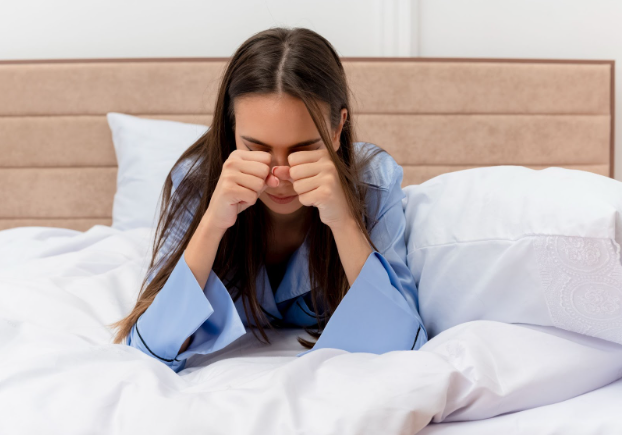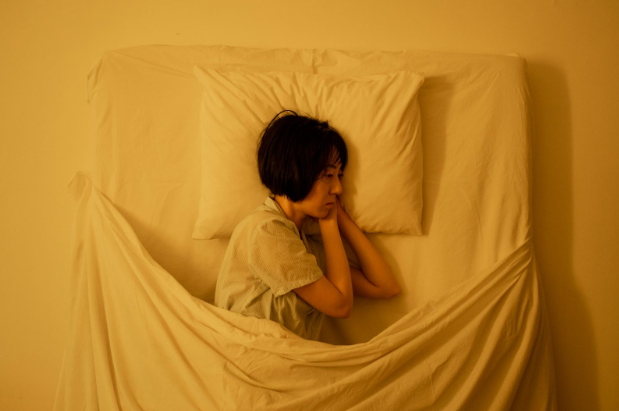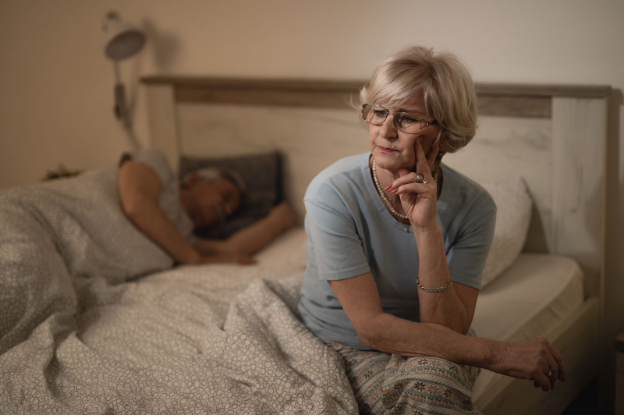
- Insomnia, Psychiatrist in South Bay Terraces
- 0 Comments
Sleep is one of the most powerful foundations of mental and emotional well-being. Yet, millions of individuals struggle nightly with restless thoughts, difficulty falling asleep, or waking long before the alarm. Insomnia is more than a minor inconvenience—it can affect mood, productivity, relationships, and long-term health. Fortunately, modern mental health care offers effective strategies for […]
Read More